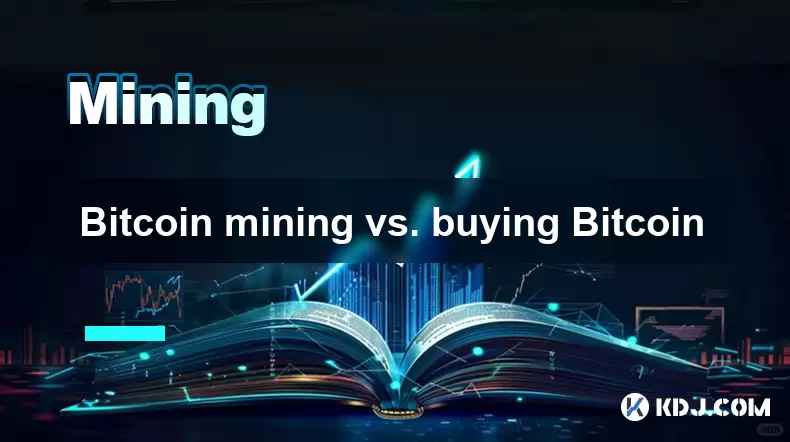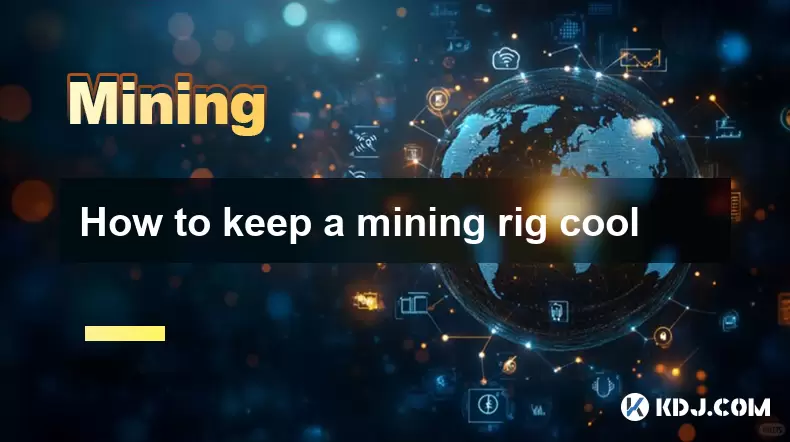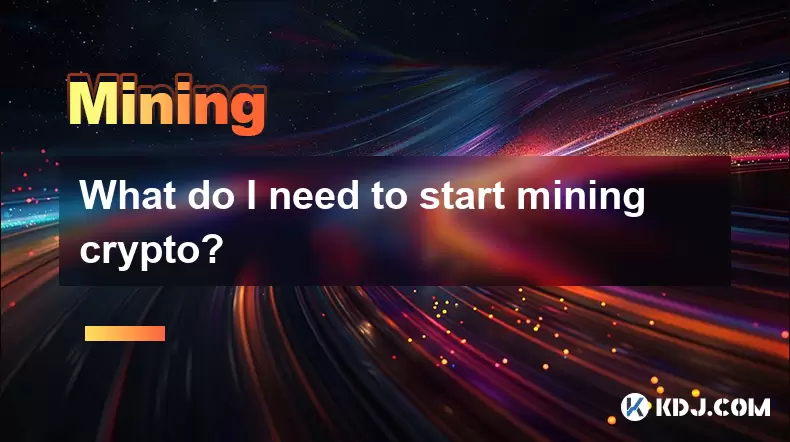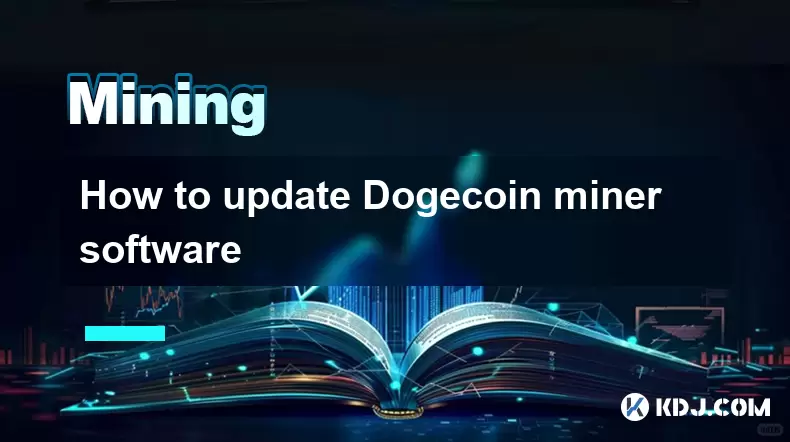-
 Bitcoin
Bitcoin $117,576.6195
-0.21% -
 Ethereum
Ethereum $2,938.5668
-1.35% -
 XRP
XRP $2.7699
4.60% -
 Tether USDt
Tether USDt $1.0003
0.01% -
 BNB
BNB $688.1624
-0.01% -
 Solana
Solana $160.5113
-1.95% -
 USDC
USDC $0.9999
0.01% -
 Dogecoin
Dogecoin $0.1976
-0.70% -
 TRON
TRON $0.3008
1.54% -
 Cardano
Cardano $0.7159
-2.16% -
 Hyperliquid
Hyperliquid $46.2240
2.04% -
 Stellar
Stellar $0.3966
22.03% -
 Sui
Sui $3.3928
-3.11% -
 Chainlink
Chainlink $15.1204
-2.43% -
 Bitcoin Cash
Bitcoin Cash $515.1741
-1.19% -
 Avalanche
Avalanche $20.8130
-0.90% -
 Hedera
Hedera $0.2001
-2.12% -
 UNUS SED LEO
UNUS SED LEO $9.0522
0.72% -
 Shiba Inu
Shiba Inu $0.0...01316
-2.01% -
 Toncoin
Toncoin $2.9843
0.61% -
 Litecoin
Litecoin $92.6745
-2.71% -
 Polkadot
Polkadot $3.9483
-0.06% -
 Monero
Monero $328.5347
1.10% -
 Dai
Dai $0.9998
0.01% -
 Ethena USDe
Ethena USDe $1.0006
-0.01% -
 Uniswap
Uniswap $8.3739
-6.50% -
 Bitget Token
Bitget Token $4.4241
-1.99% -
 Pepe
Pepe $0.0...01222
-3.96% -
 Aave
Aave $300.5203
-3.61% -
 Bittensor
Bittensor $382.2607
-1.92%
Bitcoin mining vs. buying Bitcoin
Bitcoin mining requires specialized hardware and low electricity costs for profitability, while buying BTC offers simplicity and immediate ownership without technical barriers.
Jul 13, 2025 at 12:21 am

Understanding Bitcoin Mining
Bitcoin mining refers to the process of validating transactions on the Bitcoin blockchain by solving complex cryptographic puzzles using specialized hardware. Miners compete to be the first to solve these puzzles, and in return, they are rewarded with newly minted Bitcoin (BTC). This system ensures the security and decentralization of the network.
The core components required for Bitcoin mining include ASIC miners, a reliable power supply, cooling systems, and access to a mining pool or solo mining setup. The profitability of mining depends heavily on factors such as electricity costs, hashrate, difficulty level, and the current price of Bitcoin.
Mining is not just about earning BTC; it also plays a crucial role in maintaining the integrity of the network. Each block added to the chain must be verified by miners, making it extremely difficult for malicious actors to alter transaction history.
Purchasing Bitcoin: A Simpler Alternative
For many individuals, buying Bitcoin directly through exchanges or peer-to-peer platforms is a more accessible option than mining. This method involves purchasing BTC using fiat currency (e.g., USD, EUR) or other cryptocurrencies via platforms like Binance, Coinbase, Kraken, or even ATMs.
One major advantage of buying Bitcoin is the low barrier to entry. Users don't need technical expertise or expensive equipment—just a wallet and an account on a trusted exchange. Transactions are typically completed within minutes, allowing immediate ownership of BTC.
Another benefit is predictability. Unlike mining, where returns can fluctuate due to changes in difficulty and electricity costs, buying Bitcoin offers a straightforward investment path. However, this method requires trust in centralized platforms, which may pose risks related to security and regulation.
Cost Analysis: Mining vs. Buying
When comparing the cost of Bitcoin mining versus buying, several variables come into play. Mining requires upfront investments in hardware (ASICs), infrastructure, and ongoing operational expenses like electricity and maintenance. These costs can quickly add up, especially in regions with high energy prices.
On the other hand, purchasing Bitcoin incurs minimal fees, primarily consisting of transaction or exchange fees. While there may be small spreads between buy and sell prices, these are generally negligible compared to the recurring costs associated with mining.
It's essential to consider depreciation of mining equipment over time. ASICs become obsolete as newer models with higher efficiency are released. In contrast, Bitcoin purchased today retains its value unless sold, offering more flexibility and long-term holding potential.
Profitability Considerations
Profitability in Bitcoin mining hinges on several dynamic factors:
- Electricity rates: Lower energy costs significantly improve margins.
- Mining difficulty: As more miners join the network, difficulty increases, reducing individual rewards.
- BTC price volatility: Fluctuations in Bitcoin’s market price can drastically affect returns.
In comparison, buying Bitcoin allows investors to directly benefit from price appreciation without worrying about diminishing returns from mining operations. Those who believe in the long-term value of Bitcoin may find holding BTC more profitable than attempting to mine it under unfavorable conditions.
However, mining provides a steady stream of income if managed efficiently, especially for large-scale operations with access to cheap energy sources. For individual miners, calculating break-even points and expected ROI becomes crucial before investing capital.
Technical and Operational Requirements
Engaging in Bitcoin mining demands technical knowledge and hands-on management. Setting up a mining rig involves selecting the right ASIC model, configuring firmware, connecting to a mining pool, and ensuring stable internet connectivity. Maintenance includes regular monitoring of temperatures, fan speeds, and power consumption.
Buying Bitcoin, by contrast, requires minimal technical know-how. Users only need to set up a wallet (hot or cold), choose a reputable exchange, and complete KYC procedures if necessary. Once funds are deposited, placing a buy order is a simple and intuitive process.
Security considerations also differ. Miners must protect their physical equipment from theft and ensure software remains updated. Buyers should focus on securing digital assets through strong passwords, two-factor authentication, and offline storage solutions like hardware wallets.
Environmental Impact and Sustainability
A growing concern surrounding Bitcoin mining is its environmental footprint. Mining consumes vast amounts of electricity, often sourced from fossil fuels in certain regions. This has led to criticism regarding its contribution to carbon emissions and climate change.
Some mining operations have shifted toward renewable energy sources such as hydroelectric, solar, or wind power to mitigate environmental impact. Additionally, innovations in mining chip efficiency help reduce energy consumption per hash.
Purchasing Bitcoin does not involve direct energy consumption beyond standard digital transactions. Therefore, from an ecological standpoint, buying BTC is considered less resource-intensive than mining.
Frequently Asked Questions
1. Can I mine Bitcoin using my home computer?
No, modern Bitcoin mining requires specialized ASIC hardware that far surpasses the capabilities of traditional CPUs or GPUs. Mining with a regular computer is inefficient and unlikely to yield any meaningful returns.
2. Is buying Bitcoin safe?
Yes, buying Bitcoin is generally safe when done through trusted exchanges with strong security protocols. Always enable two-factor authentication (2FA) and store your coins in a secure wallet rather than leaving them on exchanges long-term.
3. How much can a miner earn daily?
Earnings vary depending on hashrate, electricity cost, difficulty level, and BTC price. Using online calculators like WhatToMine or CryptoCompare, you can estimate daily profits based on your specific setup and local energy rates.
4. What are the tax implications of mining vs. buying Bitcoin?
Both mining and purchasing Bitcoin may have tax obligations, depending on your jurisdiction. Mined Bitcoin is often treated as self-employment income, while purchased Bitcoin may incur capital gains taxes upon sale. Always consult a qualified tax professional.
Disclaimer:info@kdj.com
The information provided is not trading advice. kdj.com does not assume any responsibility for any investments made based on the information provided in this article. Cryptocurrencies are highly volatile and it is highly recommended that you invest with caution after thorough research!
If you believe that the content used on this website infringes your copyright, please contact us immediately (info@kdj.com) and we will delete it promptly.
- Bitcoin Price's Golden Number: Analyst Predicts Massive Breakout!
- 2025-07-13 02:30:12
- XRP Price Breakout: Analysts Eyeing Explosive Moves
- 2025-07-13 02:50:12
- Grayscale, AI Crypto, and Top Assets: What's the Deal?
- 2025-07-13 02:55:11
- DOGE's $0.25 Ceiling: Will the Meme Coin Break Through?
- 2025-07-13 02:30:12
- Binance, Bloomberg, and a Lawsuit Threat: CZ's Fighting Back!
- 2025-07-13 01:30:12
- Litecoin, BONK, BlockDAG Presale: Navigating the Crypto Frenzy
- 2025-07-13 00:30:12
Related knowledge

How to keep a mining rig cool
Jul 12,2025 at 01:42pm
Understanding the Importance of Cooling in Mining RigsCryptocurrency mining is an intensive process that places heavy demand on hardware components, p...

How much does it cost to start crypto mining?
Jul 13,2025 at 12:22am
Understanding the Basic Costs of Crypto MiningStarting crypto mining involves several upfront and ongoing expenses. The primary costs include hardware...

What do I need to start mining crypto?
Jul 13,2025 at 12:28am
Understanding the Basics of Crypto MiningCrypto mining is the process by which transactions are verified and added to a blockchain, and new coins are ...

How to find the best Dogecoin mining pool for me
Jul 12,2025 at 04:14pm
Understanding the Role of a Mining PoolWhen mining Dogecoin, joining a mining pool can significantly increase your chances of earning consistent rewar...

How often do Dogecoin mining pools payout
Jul 13,2025 at 04:08am
Understanding Dogecoin Mining PoolsDogecoin mining pools are collaborative groups of miners who combine their computational power to increase the chan...

How to update Dogecoin miner software
Jul 12,2025 at 12:36pm
Understanding Dogecoin Mining and the Need for Software UpdatesDogecoin mining involves using specialized software to validate transactions on the Dog...

How to keep a mining rig cool
Jul 12,2025 at 01:42pm
Understanding the Importance of Cooling in Mining RigsCryptocurrency mining is an intensive process that places heavy demand on hardware components, p...

How much does it cost to start crypto mining?
Jul 13,2025 at 12:22am
Understanding the Basic Costs of Crypto MiningStarting crypto mining involves several upfront and ongoing expenses. The primary costs include hardware...

What do I need to start mining crypto?
Jul 13,2025 at 12:28am
Understanding the Basics of Crypto MiningCrypto mining is the process by which transactions are verified and added to a blockchain, and new coins are ...

How to find the best Dogecoin mining pool for me
Jul 12,2025 at 04:14pm
Understanding the Role of a Mining PoolWhen mining Dogecoin, joining a mining pool can significantly increase your chances of earning consistent rewar...

How often do Dogecoin mining pools payout
Jul 13,2025 at 04:08am
Understanding Dogecoin Mining PoolsDogecoin mining pools are collaborative groups of miners who combine their computational power to increase the chan...

How to update Dogecoin miner software
Jul 12,2025 at 12:36pm
Understanding Dogecoin Mining and the Need for Software UpdatesDogecoin mining involves using specialized software to validate transactions on the Dog...
See all articles

























































































